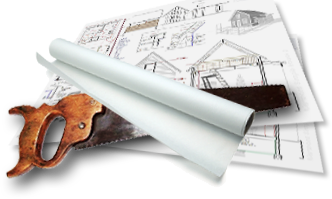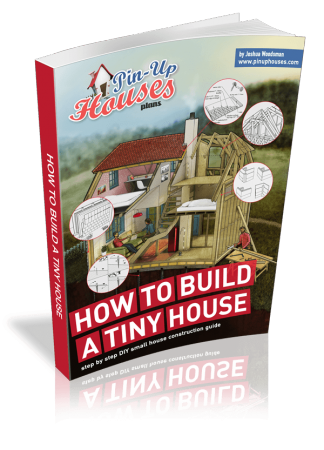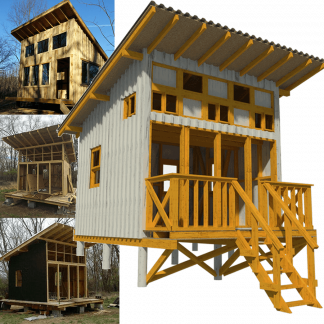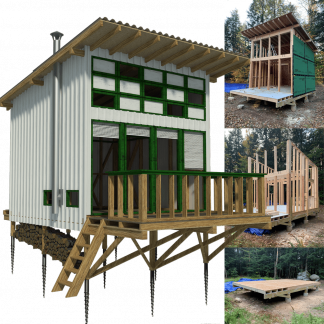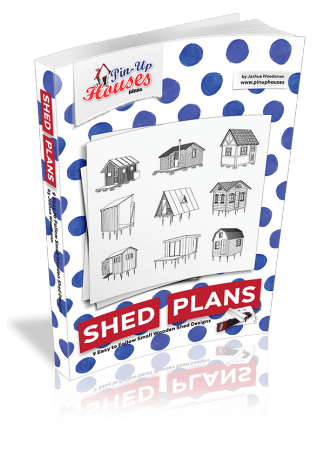Filters are often overlooked but are a crucial component of any heating system. A dirty or improperly chosen filter can decrease boiler efficiency by up to 30% and reduce the system’s lifespan. Studies indicate that a poorly functioning filter can lead to additional yearly costs of up to $150. In small homes, cabins, or cottages, the significance of selecting the correct filter is frequently underestimated, resulting in increased energy expenses and subpar heating performance.
Cosiness and Efficiency: The Impact of Incorrect Heating Equipment
The comfort of your living space relies on an effective combination of high-quality thermal insulation and a properly functioning heating system. Wall assemblies with integrated insulation, such as multi-layered wood frames or solid constructions, play a crucial role in reducing heat loss. These insulation techniques help ensure less energy is needed to keep rooms warm, reducing heating expenses and protecting the environment. At the same time, a clean heating filter is essential for efficiently distributing heat throughout the room.
A neglected or dirty filter can significantly impair heating performance and increase energy consumption by up to 20%. Studies show this can lead to additional costs of an average of $200 per year. This limited efficiency becomes particularly noticeable during the cold months when rooms fail to get warm enough despite elevated heating costs.
Filter maintenance is the key to efficiency
Regular filter maintenance is essential to ensure your heating system is running at full efficiency. A furnace maintenance company will recommend checking filters every three to six months and replacing them if necessary. Standard filters cost between $10 and $50, while higher-quality models, such as HEPA filters, are more expensive but last longer and can remove up to 99.97% of particles from the air.
Common mistakes in filter selection
Filters for heating boilers, particularly in small houses, need to provide high efficiency, durability, and ease of replacement. However, many households select filters that are not well-suited to their heating systems or the specific size of their home. Studies indicate that approximately 25% of households use filters that do not adhere to manufacturers’ recommendations, leading to increased energy consumption and compromised air quality. An improperly selected filter can reduce heating output by as much as 30%, resulting in additional annual heating costs of up to $250. This is especially impactful in compact spaces, where efficient heating is essential to maintain comfort.
The Role of Filters in Indoor Air Quality
In addition to maintaining heating efficiency, filters significantly influence indoor air quality. Research published in the Current Allergy and Asthma Reports highlights that high-efficiency particulate air (HEPA) filters can reduce airborne allergens, benefiting individuals with asthma or allergies. Poor filter maintenance or the use of filters with low Minimum Efficiency Reporting Values (MERV) may allow fine particulate matter to circulate indoors, exacerbating respiratory issues. A properly chosen filter with an appropriate MERV rating captures pollutants effectively while maintaining adequate airflow, improving both health outcomes and system performance.
Maintenance as a Critical Component
Regular maintenance and timely replacement of filters are crucial for optimal performance. Experts recommend inspecting and replacing filters every three to six months, depending on their condition and environmental factors like dust levels. Standard filters cost between $10 and $50, while high-quality HEPA filters, which can trap up to 99.97% of airborne particles, range up to $100. Despite their higher upfront cost, these filters offer long-term savings by lowering energy consumption and extending the lifespan of heating systems.
Special requirements for small houses
There are an estimated 10,000 tiny houses in the United States, and the trend is still growing. These compact living solutions appeal to people who value minimalism and sustainability. Heating filters in these small houses must be particularly efficient in order to ensure even heat distribution despite the limited space. If filters are changed too infrequently or the wrong ones are selected, dirt and debris can severely impair the functioning of the heating system.
The role of insulation in heating selection
In addition to choosing the right filter, the quality of the insulation of the roof, walls and floor is crucial. A well-insulated shell significantly reduces heat loss and ensures that the heating systems can work efficiently. Houses with poor insulation often require more powerful heating systems, which leads to higher operating costs.
One example of an effective combination is a tiny house with high-quality mineral wool insulation in the walls and a polyurethane layer in the roof area. These materials minimize heat loss and relieve the heating system. In this case, a small heating system with washable and durable filters is often enough to create a pleasant living environment.
The situation is quite different if the walls are not insulated and the roof is much too thin. In such cases, heating systems have to work much harder to generate the desired heat. This not only results in higher energy consumption, but also in more frequent filter changes, as the level of dust and dirt increases.

